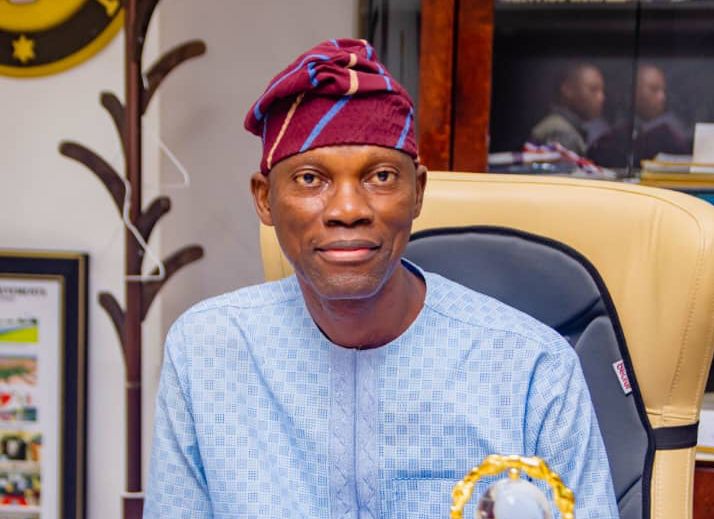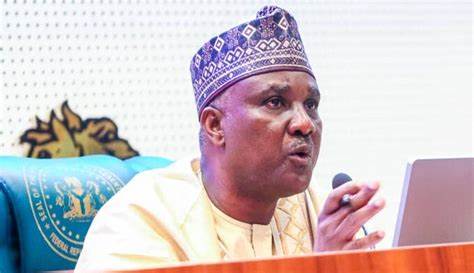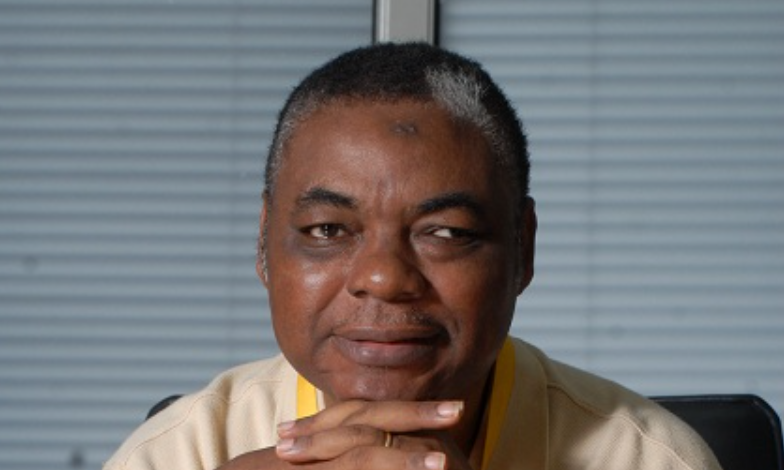BY ROBERT EKAT
In international relations, relationships are guided by national interests, prompting countries to swiftly sever ties they deem exploitative or counter-productive. Hence, when a relationship surpasses the 50-year mark, international affairs analysts are bound to assess the dynamics that sustain such relationships. Nigeria has maintained a 63-year-old relationship with the West — a connection it eulogises and almost romanticises. One wonders why Nigerian leaders cherish this relationship despite the country’s apparent disadvantage. Is Nigeria overly intertwined with the West, or is a valid alternative simply lacking?
It has been nearly 139 years since the convening of the Berlin Conference in 1884-1885, during which European countries gathered to partition Africa. While choosing to overlook the darker aspects of colonialism, one could assert that Africa (particularly Nigeria) has sustained a relationship with Europe for over a century, suggesting that the relationship should have matured enough for Nigeria to reap its benefits.
To elucidate this further, various economic blocs exist in the West where countries negotiate multilateral benefits for their respective nations. Among these are the G7, G20, and the Quad Alliance. Yet, Nigeria is not deemed worthy of inclusion in any of these groups. Consequently, how can the country effectively negotiate advantages on the international stage concerning economic and security matters?
Advertisement
Amidst this relegation, BRIC entered the scene in 2006 as an alliance of four emerging economies: Brazil, Russia, India, and China. These nations were identified as possessing significant growth potential and influence on the global stage. Subsequently, South Africa joined the group in 2010, transforming the acronym to BRICS (referring to Brazil, Russia, India, China, and South Africa). According to the United Nations Conference on Trade and Development (UNCTAD), BRICS has evolved into one of the world’s most critical economic blocs, representing over a quarter of the global GDP and 42 percent of the world’s population.
Furthermore, the African Development Bank (AfDB) reports that “trade between the BRICS and Africa rose to as much as US $340 billion in 2012 – a tenfold increase from the value recorded in 2002. Currently, the BRICS trade more with Africa than they do among themselves”.
While Nigeria continues to contend for meagre concessions from the West, South Africa is reaping abundant benefits. Leveraging its BRICS membership, South Africa addresses trade, investment, technology transfer, and various other dimensions. Collectively, BRICS encompasses nearly 30 percent of the world’s landmass, approximately 27 percent of global GDP, and around 20 percent of global trade. These substantial benefits continue to bolster the South African economy, contributing to its status as a leading African economy, with Cape Town and Johannesburg among the continent’s top ten fastest-growing cities.
Advertisement
A concern shared by Nigeria and some other African countries regarding opposing the West is the bullish stance against dissent. Smaller nations often fear the repercussions of opposing major Western powers like the United States, the United Kingdom, and France. However, can Nigeria, as the most populous black nation on earth, be easily suppressed for choosing economic independence?
As a former African powerhouse, Nigeria possesses the capacity to advocate for itself and safeguard its interests. Importantly, joining BRICS does not entail severing connections with the West. In essence, the nation can concurrently enjoy the best of both worlds. After all, China, a pioneering BRICS member, maintains essential trade relations with the United States. Similarly, Russia, perceived as a Western European adversary, remains a crucial trade partner. In 2020, the EU emerged as Russia’s foremost trade partner, accounting for 37.3 percent of Russia’s total global trade in goods.
Evidently, the world is undergoing a transformative phase. The West’s monolithic grip is diminishing, yielding to an emerging shift toward multipolarity. BRICS nations have officially surpassed the G7 in their share of the world’s PPP GDP—a trend anticipated to persist. This perspective is corroborated by the India-based Megh Updates platform, one of the world’s most-viewed online information platforms.
The international landscape revolves around interests, and the time has come for Nigeria to acknowledge this reality and participate proactively. Regrettably, Nigeria’s leaders appear motivated by divergent interests—primarily self-interest. Enmeshed in multifaceted corruption and prioritizing regime security, these leaders have failed to make decisions that genuinely favour the nation. This status quo demands disruption.
Advertisement
A new world order is emerging, and Nigeria must formulate a foreign policy that maximises benefits for its populace. The alternative to not joining BRICS is joining Squad Alliance or G20 — an endeavour confined to wishful thinking. The West does not respect us. Perhaps, we have not behaved in a manner deserving of respect. Joining BRICS will not only present us as shifting in terms of foreign policy ideology but holds enormous potential for tangible benefits for our economy. Nigeria must join BRICS now!
Robert Ekat, a political scientist and public commentator, can be reached via bob4naija@gmail.com
Views expressed by contributors are strictly personal and not of TheCable.
Add a comment






